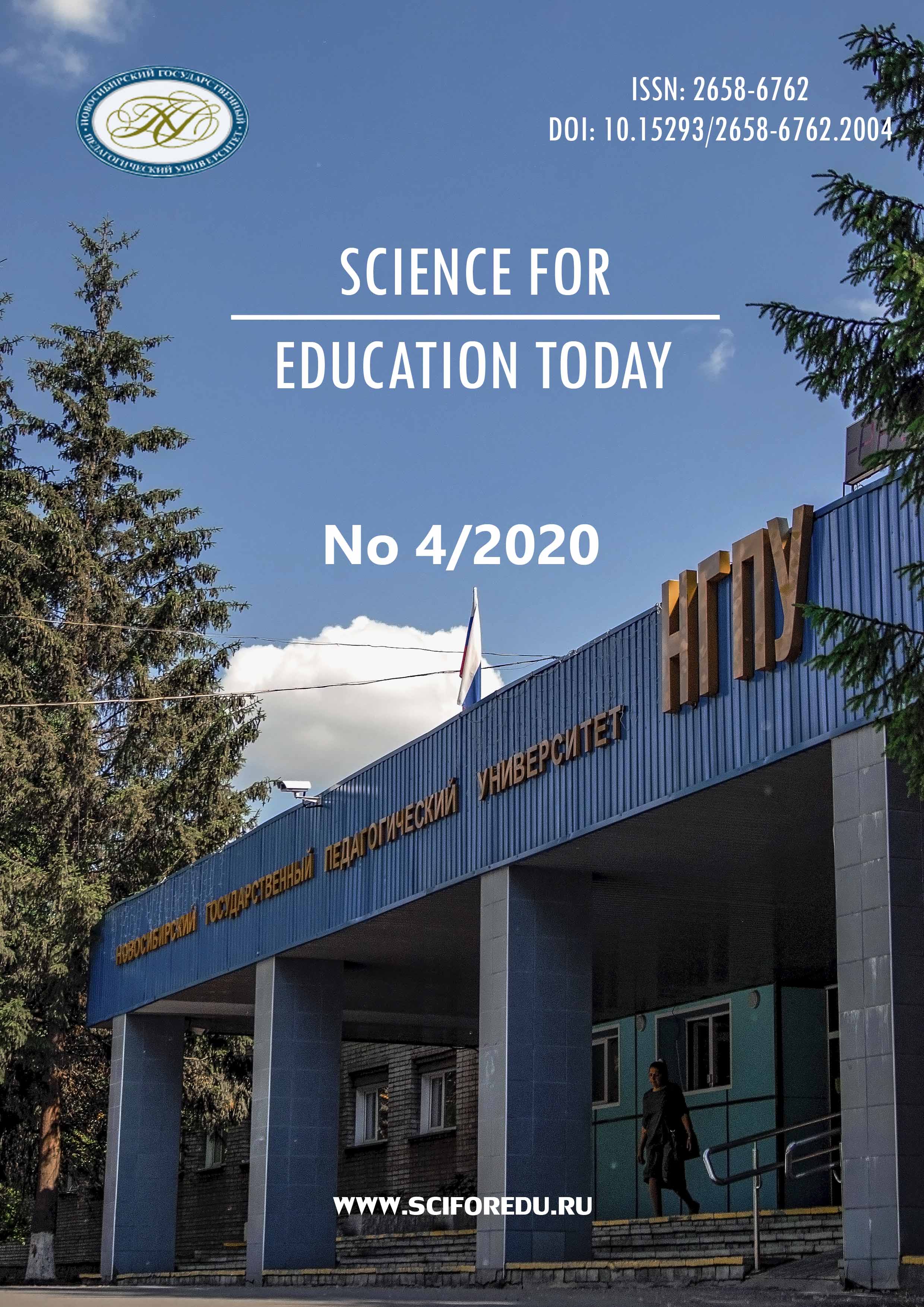Особенности и компоненты комплексного умения моделировать в современном начальном математическом образовании
Characteristics and sub-skills of mathematical modeling in the mathematics curriculum for primary schools
Author(s): Maria Anatolyevna Urban, Tatiana Viktorovna SmoleusovaSubject(s): School education, Sociology of Education
Published by: Новосибирский государственный педагогический университет
Keywords: Modeling in education; Visual modeling; Complex modeling skills; Evaluation of modeling skills; Teaching mathematics in the primary school;
Summary/Abstract: Introduction. The late 20th and the early 21st centuries witnessed an increased popularity of the fantasy genre (books by J. K. Rowling, J. R. R. Tolkien, C. Lewis, their film adaptations, etc.). Although fantasy literature was initially targeted at schoolchildren and adolescents, it attracts readers of all ages. The research problem is to explain the reasons for mass enthusiasm for the fantasy genre in modern culture and to understand the reasons why this genre is not included into school curricula despite of its popularity among schoolchildren. The purpose of this article is to reveal the educational potential of the fantasy genre for modern teenage culture. Materials and Methods. The article reviews and provides a theoretical analysis of a number of studies into the fantasy genre. The author used semantic structuring and semantic synthesis methods. The material of the research included fantasy novels by J. K. Rowling, J. R. R. Tolkien, C. Lewis, etc. Results. It was found that the main reason for the fantasy genre popularity among readers of all ages is the idea that it represents a modern variant of religious literature, focusing on reestablishing universal links as it was in ancient syncretic myths. Fantasy literature was initially targeted at teenage readers; nevertheless, teenagers are ideal actors for modern culture because they are ready for changes and making choices. Consequently, the majority of modern people are characterized by teenage mentality. The reasons for ignoring fantasy by the educational system include the following: concidering fantasy as a means of escapism, the cause of infantilism and virtual rebellion; as an alternative form of institutionalized religion; a strong economic component of the popularity of the fantasy genre. At the same time, the positive educational potential of the fantasy genre is underestimated. It contains a pronounced creative function which contributes to the transition from the role of the reader to the role of the writer. Conclusions. The main educational potential of the fantasy genre for modern teenage culture lies in its beneficial influence on moral education and personal development of adolescents being an alternative to institutionalized religion and helping them to identify the meaning and purpose of life. Fantasy attracts readers to science and travelling. Moreover, it contributes to fostering creativity among adolescents, enhancing their creative abilities.
Journal: Science for Education Today
- Issue Year: 10/2020
- Issue No: 4
- Page Range: 139-155
- Page Count: 17
- Language: Russian

